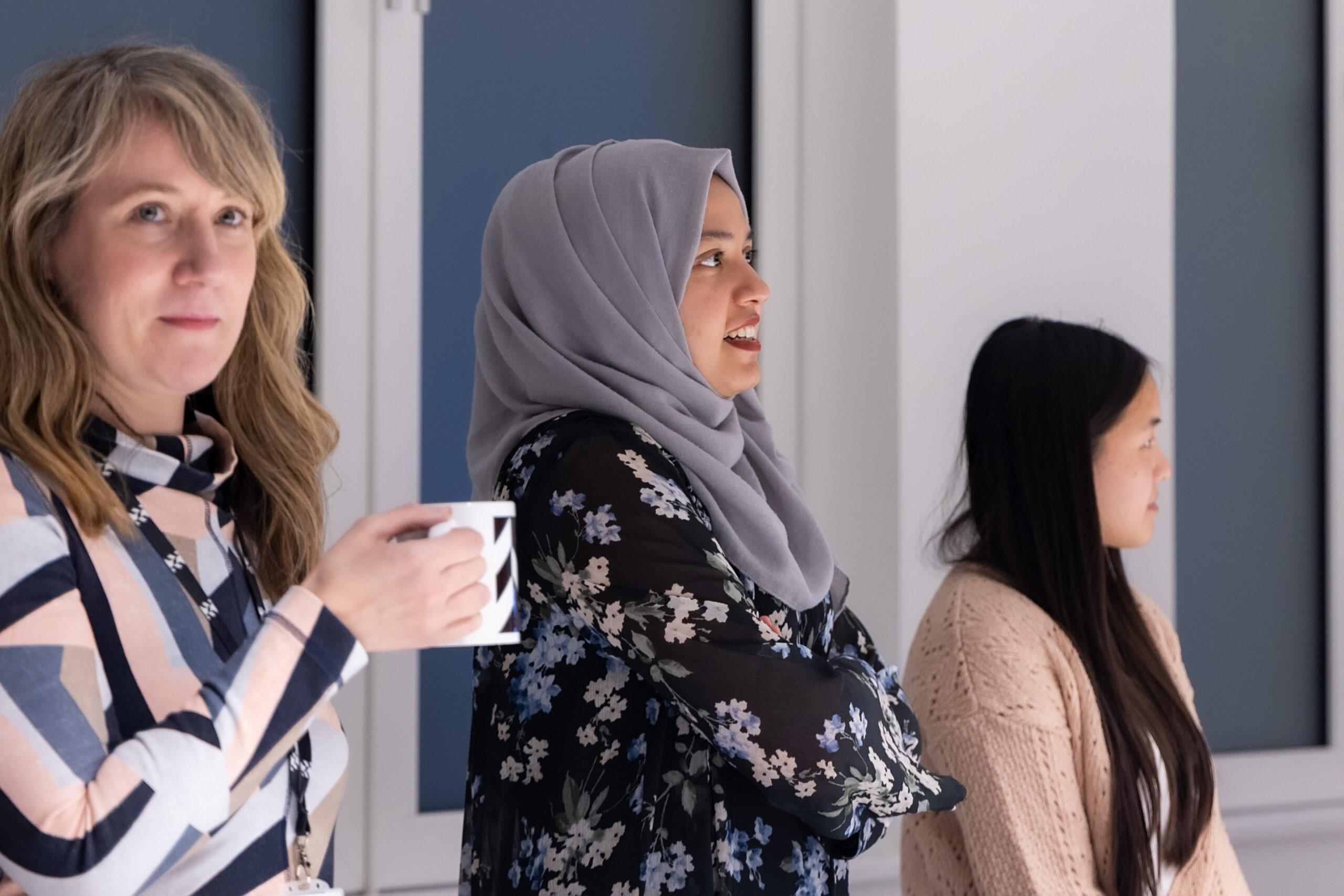
Poor air quality is a pervasive problem, particularly in the highly urbanised, and densely populated areas of Southwark
dxw and Rooted by Design took an equity-centred approach to identify how to raise awareness of the effects of air pollution for communities in Southwark
Poor air quality has an adverse health impact on people, particularly priority groups such as those with respiratory/cardiovascular issues, older adults, and children.
These adverse effects impact communities in Southwark differently which can exacerbate existing health inequalities, particularly with Black and Other communities who populate some of the higher polluted areas of the borough.
Southwark currently helps residents reduce their exposure to poor air quality by offering airTEXT, an air quality forecasting and alert service that sends messages to subscribers when the forecast pollution levels are higher than usual. But airTEXT doesn’t reach the priority groups or ethnic demographics that would benefit from it most.
dxw worked with Southwark Council for a 7 week period to help them with research to look at how to raise awareness of air pollution and its impact. We organised our work into 3 stages: inception, research and analysis, and design.
Partnership
dxw partnered with Rooted by Design to work on this project, as experts at centring the experiences and needs of Black communities.
We were excited to be working as a partnership that brings complementary skills and ways of working. Both dxw and Rooted by Design have many years’ experience conducting research to inform service design across a range of services. We were keen to learn more about an equity-centred design approach in practice.
The Behavioural Insights Team were invited by Southwark to be involved in this project as support for the rest of the team. The team generates and applies behavioural insights to inform policy, improve public services, and deliver results for citizens and society.
Outcome
We engaged with over 90 Southwark residents through different research and design methods, and gathered a wide range of insights that generated a wealth of ideas for improvement.
From these, dxw and Rooted by Design put together 7 recommendations for Southwark Council. At a high level, those recommendations were:
- accountability and community engagement to build trust
- public facing health awareness campaigns
- improving access and inclusion in green spaces/routes
- creating opportunities for learning and engagement in schools
- joining up with initiatives that address other forms of pollution
- funding groups and events for Black communities
- providing local air quality data in public spaces
What we did
The equity-centred approach to this project drove the entire design process from discovery of insights to design of solutions and then recommendations. A large part of equity-centred design is leading with empathy, recognising identity and difference, knowing that privilege and disadvantage that exists, and being able to reflect.
As we were working in partnership with Rooted by Design, our approach on this project was to conduct research with residents of Southwark who were non-Black (Other communities) while Rooted focused on the Black community.
Throughout this project we used a number of different research methodologies to engage and interact with people around Southwark for research and design:
- community immersion
- in-depth interviews
- pop-up research
- co-design sessions
What we learned
Time is critical
We can sometimes forget that complex social challenges can’t be solved in short sprints over a short period of time.
Design is political
If we are not careful, design can often fail to address the root causes of inequity and reproduce inequitable power relationships.
Don’t be extractive
Research participants should have the autonomy to carry on being involved after we’ve moved on from a project.
Lead with empathy
Taking the time to build relationships and giving participants ownership will reveal richer insights that make for stronger recommendations.
You can find out more in this video presentation from one of the dxw user researchers who worked on the project.